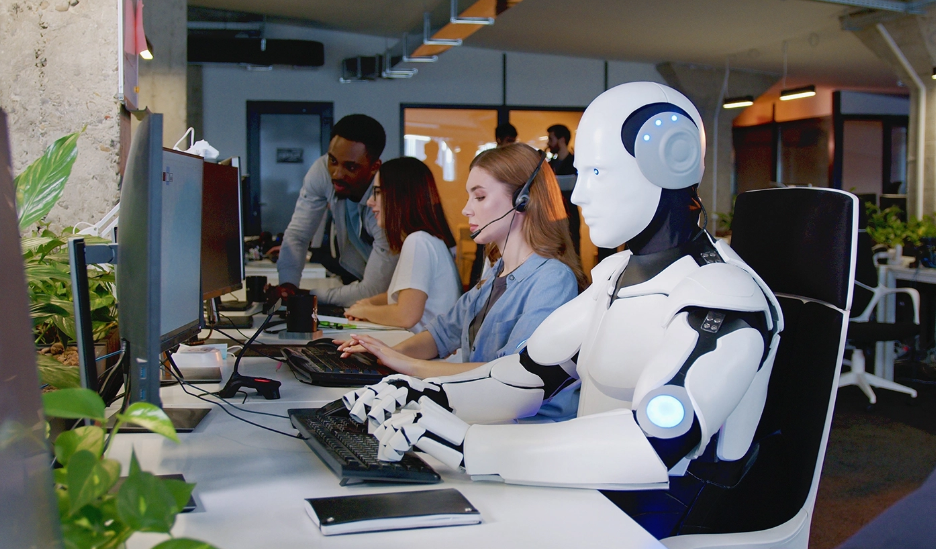How Artificial Intelligence Is Changing the Job Market
Artificial Intelligence is reshaping the job market in profound ways. Many traditional roles are becoming obsolete as automation takes over routine tasks. Conversely, new opportunities are arising, particularly in tech-driven fields. As industries adapt, the demand for specialized skills is increasing. This evolution prompts a critical examination of how workers can reskill and remain relevant. However, the implications of these changes extend beyond employment, raising ethical questions that warrant deeper exploration.
The Impact of AI on Traditional Jobs
As artificial intelligence continues to evolve, its influence on traditional jobs becomes increasingly evident.
The automation impact is reshaping industries, leading to significant job displacement. Tasks once performed by humans are now handled by AI systems, streamlining processes but also creating uncertainty for workers.
This transformation prompts a critical examination of workforce adaptability and the necessity for individuals to acquire new skills in an AI-dominated landscape.
See also: Exploring the Role of Technology in Sustainable Development
Emerging Job Roles in an AI-Driven Economy
The shift towards an AI-driven economy is not solely characterized by job displacement; it also heralds the emergence of new job roles that reflect the changing demands of the labor market.
Positions such as data analysts and machine learning specialists are gaining prominence, requiring individuals to interpret complex data sets and develop algorithms.
These roles empower workers to harness AI’s potential, fostering innovation and adaptability.
Skills for the Future: Adapting to Change
While the integration of AI into various sectors presents challenges, it simultaneously necessitates a reevaluation of the skills required in the workforce.
Reskilling initiatives are becoming vital for the future workforce, enabling workers to adapt to evolving demands.
Emphasizing critical thinking, creativity, and technical proficiency will empower individuals to thrive in an AI-enhanced environment, fostering freedom through adaptability and continuous learning.
The Ethical Considerations of AI in the Workplace
How can organizations navigate the complex ethical landscape that AI introduces in the workplace?
Addressing AI bias requires a commitment to workplace transparency, ensuring that algorithms function equitably.
Companies must foster open dialogue about AI’s role, balancing efficiency with ethical responsibility.
Conclusion
As artificial intelligence continues to reshape the job market, workers must embrace the winds of change like a sailor adjusting their sails to navigate uncharted waters. While traditional roles may diminish, new opportunities beckon, requiring a commitment to lifelong learning and skill development. By fostering innovation and addressing ethical concerns, businesses and employees alike can thrive in this evolving landscape, ensuring a future where human ingenuity and technological advancement coexist harmoniously.







